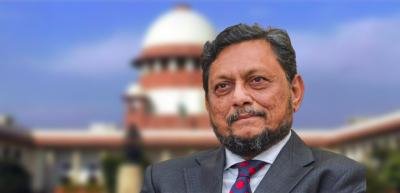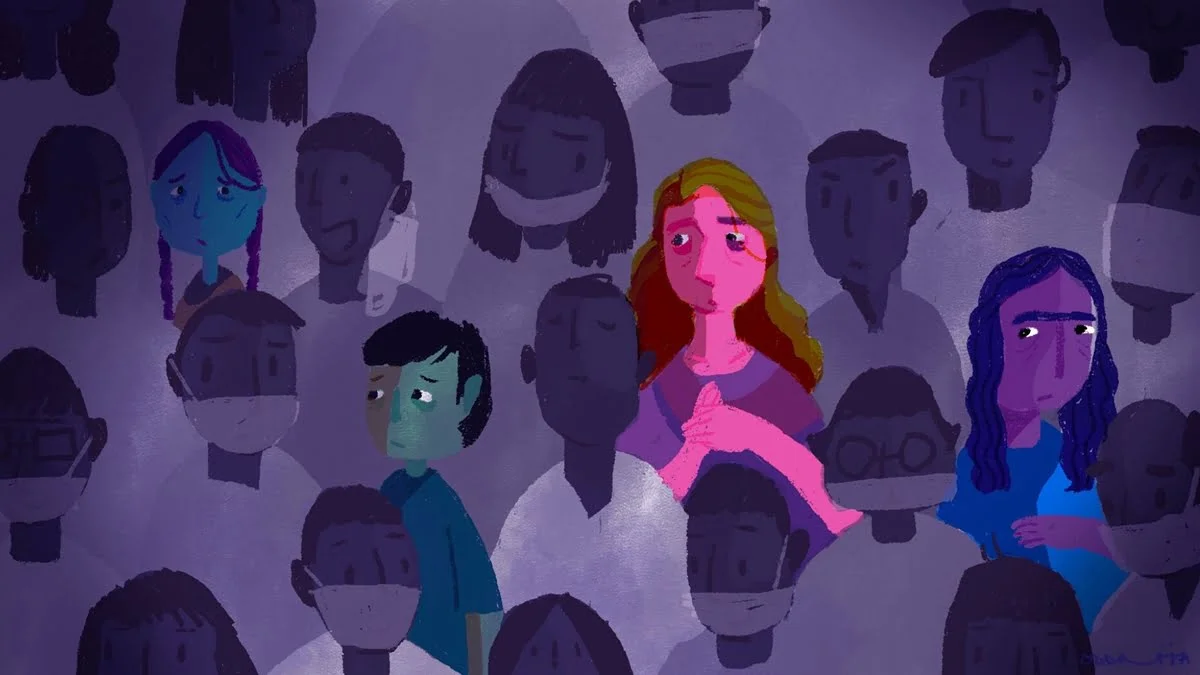The Chief Justice of India (CJI), Justice SA Bobde, received heavy criticism for his comment in a rape case involving a minor. However, this is not the first time that a judicial officer has made such comments. Time and again, victims of sexual offences are discouraged from seeking justice against their perpetrators by being asked to marry them by the police, investigating authorities and even judges. This reflects the deep-rooted patriarchy in Indian society, which has in its clutches even the judiciary. Let us discuss some issues with such apathetic comments and orders and the need for gender sensitisation in the judiciary.
“Will You Marry Her?”: The Case
In the recent case involving marry-to-avoid-punishment, the case involved a 23-year old government officer accused of committing the act of rape against a girl when she was 16 years old.
It is reported that the accused’s mother had promised that her son would marry the victim when she turns 18, thereby dissuading her and her family from lodging an FIR. When the marriage did not happen, the victim lodged an FIR against the accused under the Indian Penal Code, 1860 (IPC) and the Protection of Children from Sexual Offences Act, 2012 (POCSO Act).
This reflects the deep-rooted patriarchal notion of a woman’s honour being impacted by a man’s act inflicted upon her. Moreover, the only way it can be saved or restored is by marrying the very person who committed the heinous crime against her.
The case at hand was a case for anticipatory bail filed by the accused. The CJI asked the accused if he will marry the victim, to which the accused’s lawyer replied that he was already married. Furthermore, the CJI said that the accused “should have thought before seducing and raping the young girl. You know you are a government servant.”
Also read: What Drishyam Gets Wrong About Women’s Body & Honour
This single comment by the Chief Justice of India is fundamentally problematic and deeply worrying. The people defending the CJI’s remarks argue that the remarks were made merely in a courtroom exchange with the lawyer and are not a part of the order. It should be noted that it reflects the notions of the people judging the matters irrespective of that. It also reflects the judiciary’s thought process, which is appointed to safeguard the citizens’ rights, including the right to life and the right to equality.
Fundamental Rights Vs. Honour
Whenever a sexual offence is committed against a woman, it is believed that the violation of her and her family’s honour trumps the violation of her fundamental rights. The act of rape violates several rights of the victim, such as the right to bodily autonomy, the right to live with dignity, and bodily integrity. These rights are a part of one’s fundamental right to life as held in K.S. Puttaswamy v. Union of India (or the Privacy judgment).
However, this is not the cause of concern in such cases. The cause of concern is the victim’s and her family’s honour. This reflects the deep-rooted patriarchal notion of a woman’s honour being impacted by a man’s act inflicted upon her. Moreover, the only way it can be saved or restored is by marrying the very person who committed the heinous crime against her.
The need to repeat something as basic as the fact that a woman’s honour is neither located in her body nor is any man a regulator of a woman’s honour is disappointing. There is a need to understand that those rights are ‘fundamental’ to one’s existence in a civil society.
Also read: How Bombay High Court’s Order In Groping Case Is Ignorant, Harmful & Absurd
Consent to Marry
According to the NCRB, the conviction rate, as of 2020, is an abysmal 27.2 per cent. A significant per cent of rape victims end up marrying their rapists. The act of rape violates every possible right of a person and scars the victim’s mind and body for life. On the other hand, marriage is an institution whose fundamental blocks include respect, trust and safety.
Suggesting for a victim of a sexual offence to marry her perpetrator is orthodox and insensitive. In addition to that, it fails to acknowledge the right to choose one’s partner under Article 21 of India’s Constitution.
Marriage plays a crucial role in a person’s life and is consequently a part of the human experience. This implies that marriage is an essential part of a person’s right to life and thus a constitutional concern. Therefore, asking a woman to marry her alleged rapist violates the right to choose one’s partner under Article 21 of the Constitution. One might argue that the victim has the consent choice or not to consent to the marriage. However, that choice is basically Hobson’s choice as the woman doesn’t effectively have any other choice. The consent for marriage, in such cases, is a result of coercive forces like familial pressure, stigma, ostracisation, and the long and challenging route of law and justice.
In another case, the Madras High Court ordered an accused of rape of a minor girl to marry the victim as a condition to granting him bail. The parents were asked to file joint affidavits with their ‘consent’ to their minor daughter’s marriage.
In another case, the Madras High Court ordered an accused of rape of a minor girl to marry the victim as a condition to granting him bail. The parents were asked to file joint affidavits with their ‘consent’ to their minor daughter’s marriage.
The order is problematic for several reasons. Firstly, the child is a minor and the marriage is therefore prohibited under the Prohibition of Child Marriage Act, 2006. Secondly, the accused is already married; consequently, the second marriage is void under Section 5(1) of the Hindu Marriage Act, 1955. Thirdly, the crime of rape is an offence against the state, and the right affected is right in rem. An agreement to marry does not absolve the convict of his liabilities.
Also read: Karnataka HC Judge’s Remarks On Rape Survivor Reflects The Sexism In Indian Courtrooms
Need For Sensitisation
Undoubtedly, there is a need for gender sensitisation in the judiciary. Last year, Attorney General KK Venugopal observed, “The suggestion is the exam for judges and national judicial academy and state judicial academy must have programmes on gender sensitisation. As far as the committee is concerned, a Supreme Court judgment should be put on the state information system which will go to subordinate courts.”
This came after the Madhya Pradesh High Court trivialised a sexual offence by directing the accused in a sexual assault case to get a rakhi tied by the complainant. Venugopal further said that the case was nothing but drama and provides an opportunity to impart gender sensitisation.
Gender sensitisation will help the judiciary be sensitive to different genders’ needs and accordingly modify the system to be inclusive. It is required for constitutional morality to trump societal morality. When the law is applied in letter and spirit, only then will we achieve the gender justice provided by the Constitution.
Featured Image Source: The Economic Times




